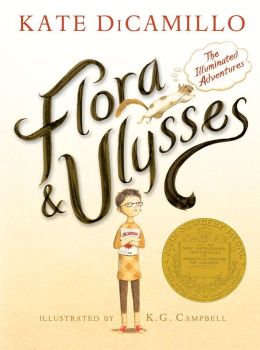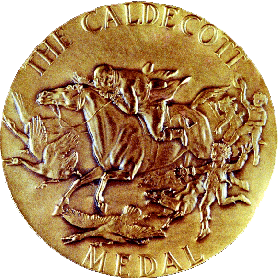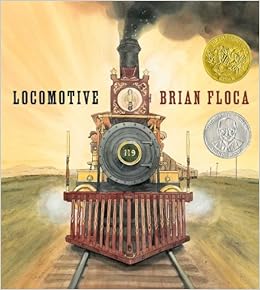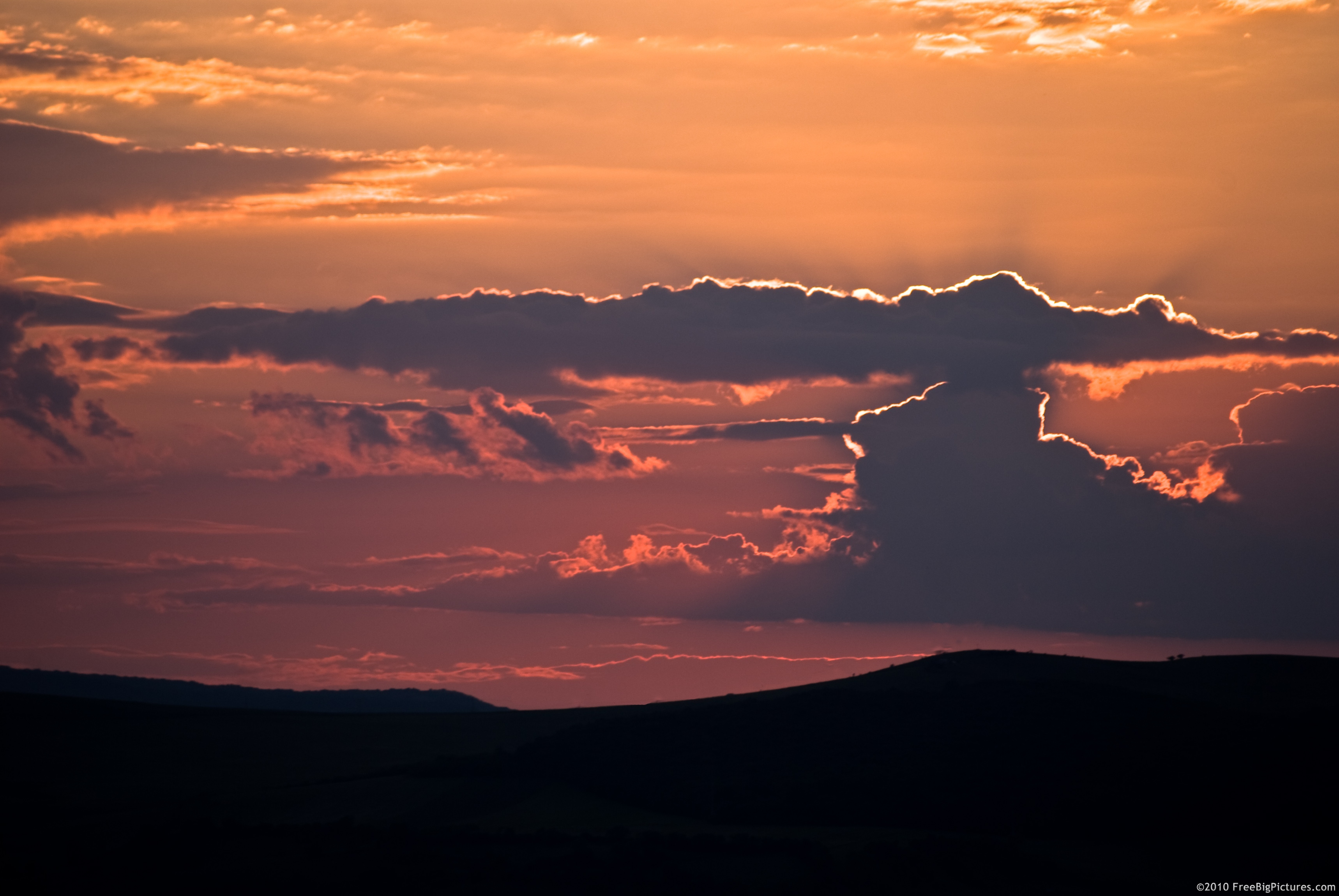Sunday, June 1, 2014
The Bible Project: Week 22 (Nehemiah; Tobit)
Woo, we're done with the Chronicler! He's a really thorough guy, but definitely not my style.
Thankfully, Nehemiah was more like Ezra then like 1 and 2 Chronicles. Nehemiah basically told the same story as Ezra except from Nehemiah's point of view. If Ezra was in charge of the spiritual rebuilding, Nehemiah was in charge of the physical rebuilding of the temple.
Tobit * is described in my Bible as a "religious novel," and that's exactly what it is. And that's exactly why I enjoyed it! :-)
It's partly narrated in first person by Tobit himself, an honorable and God-fearing fellow. The other part is in third person, mostly about Tobit's son, Tobiah, and his adventures with the angel Raphael in disguise.
This story reads like a Greek or Roman myth. The 14 chapters flew by faster than one chapter in Chronicles. And I think it is sort of a myth - the "historic facts" are all way off. I'd say it's more of a story to teach people that if you're a good person, good will happen to you. Maybe Tobit didn't even exist. It's a religious novel.
More myth comparisons: Raphael in Tobit reminds me of Hermes in the Odyssey, when Odysseus visits Circe. In this myth, Hermes gives Odysseus a magic flower that helps the hero be immune to Circe's magic. I see this as similar to Raphael telling Tobiah to capture the fish that attacked him and remove it's heart, liver, and gall. The heart and liver became useful in scaring away the demon that plagued Tobiah's future wife, and the gall healed Tobit's blindness. (Side note: Tobit became blind because a bird pooped on his eyes. Seriously.)
So, overall, I really liked Tobit. It's told very frankly, as though we are sitting listening to an ancient storyteller - maybe Tobit himself!
If you don't have a Catholic Bible, here is a link to the complete book of Tobit, if you care to read it. You can also find KJV translations online, but if you look in an actual KJV Bible, Tobit isn't there.
~Sophia
_________________________________________________________
*Tobit is not present in most (if not all) Protestant Bibles. It is one of the discrepancies between Protestant and Catholic Bibles. Which is a pity, because it's such a darn good story! :-)
Thursday, May 29, 2014
Guest Post: Samantha talks about Book Awards
Greetings fellow readers, I'm
Samantha. Sophia is so thoughtful - she picked me because our names start
with the same letter so there's less to adjust to. Like Sophia, I am a
reader. Unlike Sophia, I have not been blogging for years. This isn't
really a post of thoughts on a subject with a point in mind. It's more
like a compilation of information and recommendation. So bear with me -
Sophia will be back soon*.
3 ALA Children's Book Awards
So let's
take a look at a very well-known award: the John Newbery Medal and its honor:
They are
awarded yearly, criteria being
literary merit for children. The honor
can be given to up to five books. This one has been around since 1922 so some
older winners may be hard to find. Also, the method of choosing a winner has
changed over the years.
The 2014
winner is Flora & Ulysses:
The Illuminated Adventures,
written
by Kate DiCamillo(Author of The Tale of Despereaux):

I have
some favorites in that list, but more Super Favorites List come from the
Micheal L. Printz award which is a little more recent (2000):


This
award recognizes the best
book for teens based on literary merit.
There
can be up to four honor books.
The 2014
winner is Midwinterblood By
Marcus Sedgwick:

Several
winners and honors that I recommend in order:
The Scorpio Races by Maggie Stiefvater
Code Name Verity by Elizabeth Wein
Dodger by Terry Pratchet
Monster by Walter Dean
Myers
The Disreputable History of Frankie Landau-Banks by E. Lockhart
Along
with the Newbery, the Randolph
Caldecott Medal is considered one of the most illustrious awards for
children's books.
The
Caldecott annually recognizes the best picture books for children since 1938.
If
you've never read a Caldecott, you're missing out. Now, I realize that you may
have to go over to the children's section to find them, but it's worth
the walk. Caldecott winners are so beautiful and diverse in the different
styles and mediums.
Interesting
Fact: Author and illustrator Robert Lawson's books have been recipients of the
Newbery, the Caldecott, and both honors!
These previous
children's award winners have all been selected by committees of
adults based on the book's
literary merit. Now I am going to
point something out using Harry Potter. Because what better way is there to point
something out?
The Nestlé Smarties Book Prize was an award chosen in part by children. The first three
Harry Potter books won the Gold Smartie awards three years in a row! (J.K.Rowling
actually removed The Goblet of Fire from the running to let others have a
chance) Harry Potter books didn't win the literary merit awards. They were
bestsellers, editor's picks, ALA Noteable Book title, bestseller
lists. They won the children's vote. There is a difference between being voted popular
by children and being chosen by a committee of adults.
That
concludes the compilation of information and recommendation. You know it
was awesome. ...Don't unsubscribe?
________________________________________________________
*How soon is soon? It's relative. It may be
several lifetimes if you're a mayfly.
~~~~~~~~~
Also could you refer to me as Samantha Gamgee?
Where you can find me:
DeviantART page: http://samanthagamgee9-75.deviantart.com
Thanks so much for this awesome honor!
Tuesday, May 27, 2014
Top Ten Tuesday: Freebie!

Hosted by The Broke and The Bookish.
Today, we get to pick our own topic. So I'm picking something that really only slightly has to do with blogging: Top Ten Things I've Learned This Past (School) Year.
1. Blogging is a HUGE commitment and harder than I thought. No way did I expect to be this caught up in book blogging. I thought I'd post once a week or so, on random things that came to mind. SUDDENLY I discover this giant book blogging community, and Top Ten Tuesday, and Classics Club, and readalongs, and challenges, and.... now I feel guilty if I don't post at least three times a week!
2. I have awesome parents. I mean, I knew this before, but this year I have been especially grateful for having parents who are super involved in my life, but not TOO involved. They have somehow found that perfect balance of guiding me, but still letting me be who I am and sorting out my own problems. I love them ever so much!
3. How to change a tire. Yup. I had my first flat last month, and now I know how to change a tire. I'm an independent woman! WOOT
4. The way to a man's heart IS through his stomach. In fact, the way to ANYONE'S heart is through their stomach. If you give people food, they will like you.
5. If you are putting up posters in a Starbucks, and a cute barista offers to help, don't get all "independent woman" on him - let him help you, for heaven's sake! Well, that was rather specific, wasn't it... :-P It translates to the broader life lesson of - "Accept help gracefully." You don't have to do everything by yourself, and people like to know they're being helpful.
6. Money is important. I knew this one before this year too, but I didn't REALLY understand how important money was. My parents payed for my clothing and food, and I didn't buy expensive things or ask for the newest gadgets or whatever. But now with this whole college thing - sheesh, my personal savings don't even cover a year at university! (And I'm not going to an expensive one, by far.) I have a new appreciation for the value of money. :-P
7. Books are my zen. Everyone has their zen - the thing they do or the place they go to escape from the world and rejuvenate. My mom gardens. My sister goes to work out. I read.
Of course, I did know this to some extent - I wrote my general college application essay on it. But I didn't realize just how dependent on books I was. A few months ago, I had a week where I wasn't reading anything for fun - just school assignments. And I was also super crabby, argumentative, and easily annoyed. Coincidence? I don't think so.
8. Everything really works out the way it's supposed to. I (along with my mother) was nervous about this whole college application process. What if I don't get into any of my top programs? What if I get into both of my top programs - which do I pick? Little things like that - uncertainties - nagged at me. But ultimately, it all worked out for the best, and I'm looking forward to this fall with no qualms about my future! (And guess what - I got into one program and not the other - problem solved.)
9. I really don't like makeup. I've made the decision that I won't force myself to wear makeup just because I'm going to a party (and my sister's wearing it). If I feel like wearing it, sure. A little lipstick here and there, too. But otherwise - why put myself through the hassle? I can make myself feel pretty with clothes and accessories. And I always end up forgetting I'm wearing makeup and smudging my eyeliner anyway. :-)
10. Blogging is way more community oriented than I realized! When I started blogging, I never thought that there were these huge book-blogging communities and networks. I thought I'd post, and somehow people would read it. (Yeah, I was super naive.) But over this past year I've spread out and discovered so many fun things around the blogosphere like Top Ten Tuesdays and the Classics Club, and also had so many great book discussions in the comments of someone else's post. It's such a fantastic experience!
What about you? What "life lessons" (profound or otherwise) have you had this last year?
~Sophia
Sunday, May 25, 2014
The Bible Project: Week 21 (2 Chron 28-36; Ezra)
(Chapters 28-36)
Yeah, this didn't exactly cut it for me. As I said last week, both books of Chronicles were bo-oring, since dry history usually is relatively uninteresting for me. Oh well. At least we're done with it.

Though not quite, since both Ezra and Nehemiah are considered to be work of the Chronicler as well. All four books (1 Chron, 2 Chron, Ezra, and Nehemiah) used to be all one huge work.
I liked Ezra much better than the two Chronicle books. It had a main character (Ezra, of course), and it had a clear story (the Israelites reclaiming their land and religion after being taken over by the Persians). Ezra became their new spiritual leader, helping them revive their old religious practices.
I hope Nehemiah won't go back to the old "Chronicles" way of storytelling. We shall see.
~Sophia
Thursday, May 22, 2014
Libraries of Ancient Rome
The exhibit was called La Biblioteca Infinita (the infinite library). The title was taken from a quote by Jorge Luis Borges: the library, the source of culture, has no boundaries because it corresponds with the universe; its main characteristic is thus universality.
A prime example of this infinity and universality are the first libraries of history - Alexandria etc. Here's the first panel of the exhibit - it's beautifully written:
Here's a scroll by the poet Posydippus of Pella, inscribed in Alexandria. You may have to click on it to zoom in. Or it may be humongous and stretch across the web page. Sorry - I can't preview things on my phone.
My mom and I assumed that the busts of the authors were in front of the scrolls for easy finding and reference. But that's just our hypothesis.
So how did these ancient libraries work? Well, they weren't like modern libraries, where you can take out books. No, the books were there for patrons to enjoy inside the library. Anyone could go into the library and read the scrolls, they just couldn't remove them. Here are the rules of one such library - the library of Titus Flavius Pantainos:
What's that? You can't understand it? Well, for those of you who can't read Greek*, here's what it says:
No book is to be taken out of the library, for we have sworn an oath; the library is to be open from the first unto the sixth hour.
So, as you saw, the scrolls were stored on tall shelves, and once Latin literature became a "thing" in 3 BC, they separated the scrolls by language. The Greek scrolls were in one hall, and the Latin in another. Apart from that, libraries also had a space for cataloging the texts, and an auditorium for orations. Speeches are very close relatives to essays, after all!
Here's a poster on how libraries were cataloged and run:
Remember what I said about everyone having access to the texts in a library? Well, that wasn't necessarily true. It wasn't until Julius Cesar opened the first public library that the populus had access to knowledge.
Oh and here's a nice map of the ancient libraries of Rome.
Wasn't that a cool exhibit? Oh and one more thing - I may have told you that this summer we are renovating my parents' old study into a reading/study space for me (oho, I get my own bookshelves! Woo!). At the end of the exhibit was this cool column, and my mom had the genius idea of possibly applying this sort of design to one of the walls of my new space. It has random classical art of people reading and writing. Fun, huh?
So that's all for now. I'm off to Venice on the fast train, and if I see anything else interesting and bookish, I'll keep you posted. :)
Ciao!
~Sophia
______________________________________________
*for the record, I can't understand Greek either. There was a convenient translation on a sign nearby. :)
Wednesday, May 21, 2014
The Lost Beauty of Twilight
Let's play with words! I'll occasionally have more posts where we have fun with language, and they'll be tagged as such.
_____________________________________________________________________
Before this, I had a few other posts on fun words - namely, weird literary terms. If you care to read about malapropisms, mondegreens, and echophonesis, check them out!
Okay, on to twilight.
The English language is a flexible language. Yes, we have "grammar," but there is no official language society that tells us what to do (like there is in France and some other languages). Words take on different meanings as we move through time. They can take on different connotations, depending on how they have been used in culture. One such word is twilight.
Seriously, when you hear the word twilight, separate from any context, what do you think of? Honestly.
I'll confess that I generally picture this:
That's because that's the most common use of the word today.* We think of sparkling vampires, shirtless werewolves, weirdly-obsessed tween girls.** Mention the word twilight in conversation, and half the population will go "Ugh," and half will squeal and giggle. (I like to think that it's more of a 4:1, 5:1, or even 6:1 ratio, though.)
But look at the dictionary meaning of twilight.
1. the soft glowing light from the sky when the sun is below the horizon, caused by the refraction and scattering of the sun's rays from the atmosphere.
2. a period or state of obscurity, ambiguity, or gradual decline.
It's beautiful (soft glowing light), it's scientific (refraction...atmosphere), it's deep (#2). This is such a beautiful word, really. Banish all thought of teenage romanticized vampires and werewolves from your mind and think about the word twilight in it's real, ancient sense. It's dusky and purple and cozy and mysterious and a bit scary all at the same time. It has a sense of closure that can be calming and peaceful - or dark and foreboding.
Twilight is that time when REAL vampires and werewolves come out - the kind who want to attack you and drink your blood, and not just watch you sleep.
The word twilight has been changed - and, I think, changed for the worse. Don't let such a gorgeous word go to waste! It's too beautiful.
Do you know of any words that have changed their connotation/meaning for the worse - or for the better? Let me know!
~Sophia
The word twilight has been changed - and, I think, changed for the worse. Don't let such a gorgeous word go to waste! It's too beautiful.
Do you know of any words that have changed their connotation/meaning for the worse - or for the better? Let me know!
~Sophia
_____________________________________________________________________
*I have never read the Twilight books (though I've read a few excerpts - and so experienced enough "telling not showing" to make me NEVER want to read them). This makes me a fine example of how pop culture can pervert the connotation of a word in the mind of someone who hasn't even consumed the source of that perversion.
**No offence to those who like the Twilight books - just to those who think they are excellent examples of higher literature.
Tuesday, May 20, 2014
Top Ten Tuesday: Books About Friendship

Hosted by The Broke and the Bookish.
Today's topic is Top Ten Books about Friendship. Note that some the following books may not be primarily about friendship - but I chose them for the awesomeness of the friendships within them, if that makes sense. This is technically more like my top ten friendships within literature.
1. Lord of the Rings by J.R.R. Tolkien. Sam and Frodo - the greatest bromance in literature. :-)
2. Tuesdays With Morrie by Mitch Albom. A touching friendship between a man at the end of his life, and a man trying to add meaning to his. (It made me cry.)
3. Pride and Prejudice by Jane Austen. I love the closeness of Lizzie's and Jane's friendship.
4. Sherlock Holmes by Arthur Conan Doyle. Watson and Holmes are up there for best bromance with Frodo and Sam... Do you realize how much Watson and Holmes need each other? They depend on each other so much, though neither realizes it - or if he does, won't admit it.
5. Little Women by Louisa May Alcott. This is the ultimate friendship book between sisters (and Laurie, of course).
Sorry, only five today. (You may remember my excuse.)
What are your favorite books about friendship?
~Sophia
Subscribe to:
Posts (Atom)























